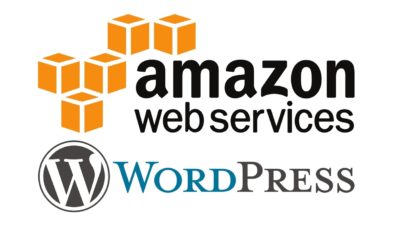In this article, we are going to explain our 6 keys to starting a successful SEO campaign and why we use them.

1) Keyword Research
Keyword Research always has to come at the beginning otherwise you might end up working with keywords that have little to no search impressions. Working as SEO consultants we categorise different pages into 1 of 3 general categories:
Ecommerce - Service
- Informative
On the other hand, pages that have no
- What keywords the page currently ranks for and current position.
- The priority list of keywords i.e. what keyword phrases the search engine is
prioritising .
From here we can advise the client to update their content based on the results obtained above.
2) Citations & Local SEO
Website citations are the first the easiest way to get good quality authentic backlinks. In each country, there is a different list of these citations but for UK businesses we have found the following as a good starting point:
- Google Business Listing
- Facebook Business Page
- Hotfrog
- Central Index – this controls listings for Scoot, Touch Local, The Sun, The Independent, The Evening Standard, The Mirror, The Daily Record, Ask Jeeves
- Yell
- Yelp
Please be advised that consistency is very important across all of your listings. For example, our listings will contain all of the following information as a standard:
- Name: Quantum IT Digital
- Address: 38 Castle Terrace, Edinburgh EH3 9DZ
- Phone: 07952 929338
- Website: https://quantumitdigital.com/

3) Keyword Density
The keyword density of each page should be
Unfortunately, we cannot cover every scenario but please use the following as a basic template in your content:
- Page/Article Body Length: 500 words (minimum).
- Keyword Density: 1-2%.
- Meta Title: use keywords but make it readable.
- Meta Description: use keywords but make it readable.
- Images: use keywords in alt tags where applicable.
- Links: use both internal and external links in your content as this acts like referencing.
4) Website Speed
The website’s speed is generally an area in which an SEO agency cannot control. There are a number of reasons for this:
- Poor build quality.
- Generic build using a multipurpose theme.
- Unsupported development language.
- Poor hosting.
- Server setup incorrectly.
- etc…
A website’s speed has been
We have added a couple of links below to check your website’s speed:
5) .htaccess/nginx.config, robots.txt & sitemap.xml
The following files can make or break a website’s SEO campaign.
- .htaccess – this apache server file should be checked over to make sure that the website can be index and that any 301 redirects used in here are still valid and don’t negatively affect the website.
- nginx.config – same as above but for nginx servers.
- robots.txt – this file helps any website crawlers and bots navigate around your website hence this file should be set up correctly to ensure that your website can be crawled by all search engine bots.
- sitemap.xml – this file tells the search engine the priority level of each page within the website. When used correctly with each search engine’s webmaster tools new pages are automatically sent to be indexed.

6) Website Development
In addition to the website’s speed, the development of the website is very important. The development is important as the website uses a number of development factors in it’s ranking algorithm:
- Is the website responsive?
- How good is the responsive work of the website?
- How big is the page (MB)?
- What is the code to text ratio?
- Does the page contain heading tags and are they used correctly?
- Does the website contain meta for sharing?
- Is the website running on HTTPS or HTTP?
- etc…
Conclusion
This article should be thought of as the first stage in starting an SEO campaign. There are many other elements that we have not converted that we will cover in a future article but for now, this should be a good guide for you to get started.


